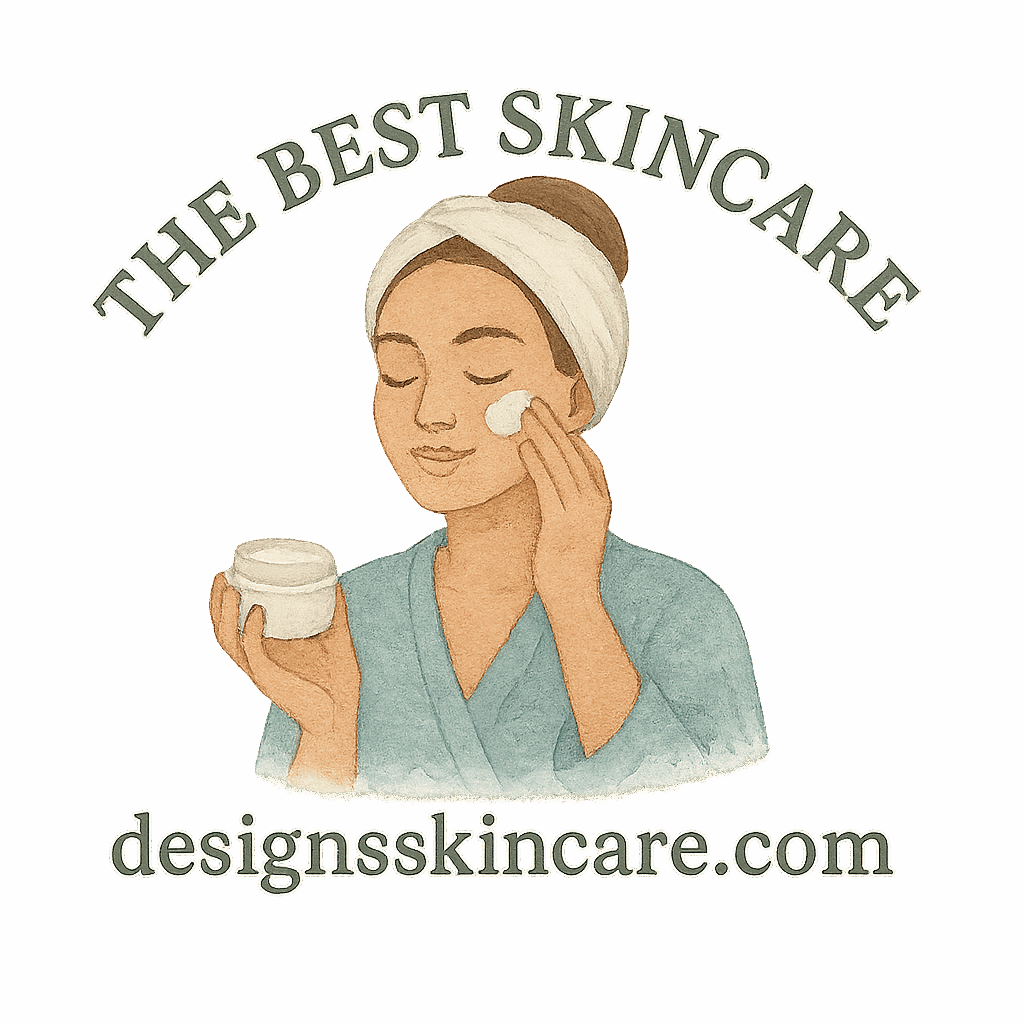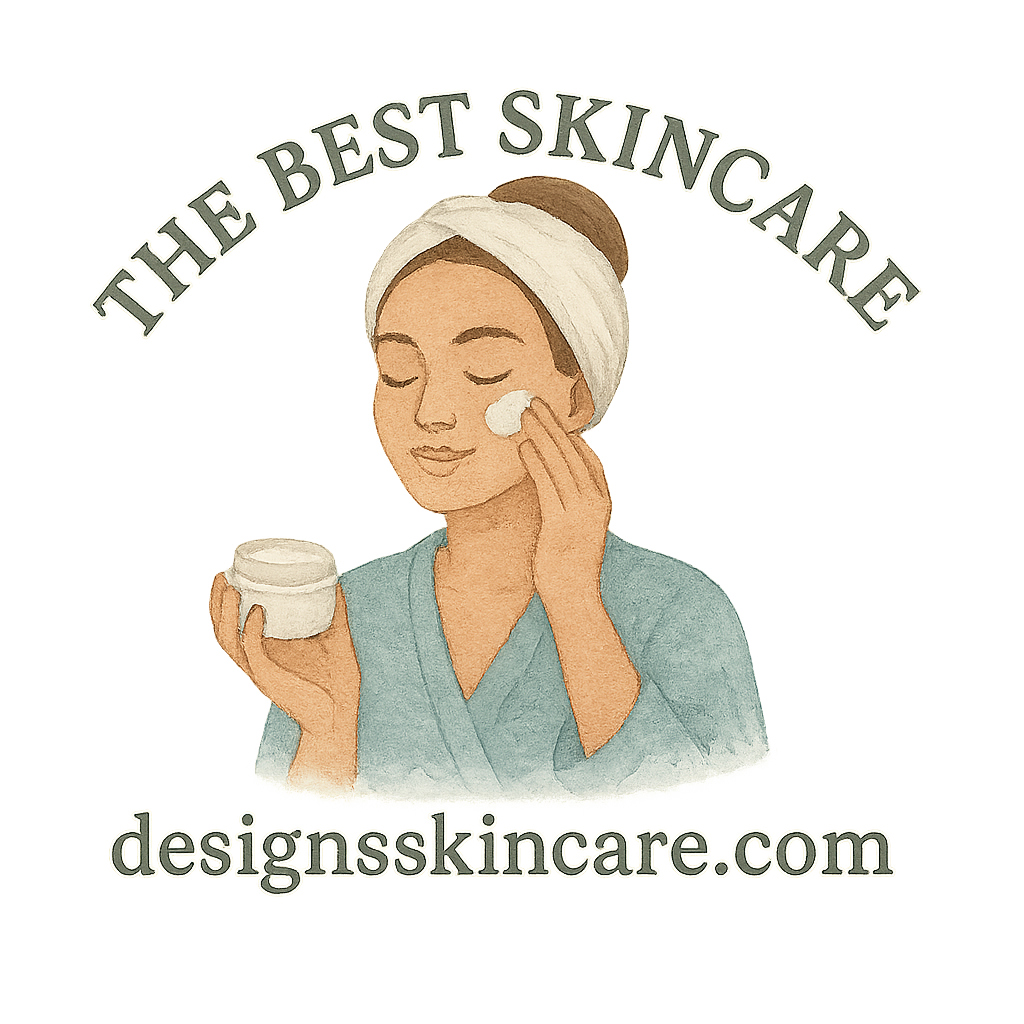Aging is inevitable—but how your skin ages is totally within your control. With the right anti-aging skincare ingredients, you can keep your skin glowing, smooth, and youthful longer than you thought possible. So, if you’re ready to turn back the clock (or at least slow it down), this guide is for you.
Why Skincare Ingredients Matter More Than You Think
Not all skincare products are created equal. Sure, they might look cute on your shelf or smell like a field of roses—but what really matters is what’s inside the bottle.
Ingredients are the true heroes (or villains) of your skincare routine. They determine whether a product will work or waste your money. That’s why dermatologists emphasize understanding ingredients over chasing trends.
Understanding Skin Aging
Before we dive into the anti-aging superstars, let’s get a quick handle on what aging skin even means.
What Causes Premature Aging?
There’s your natural age, and then there’s your skin age. The latter is influenced by:
- Sun exposure (hello, wrinkles!)
- Pollution
- Smoking
- Stress
- Poor diet
- Lack of hydration
Intrinsic vs. Extrinsic Aging
- Intrinsic Aging: The natural, genetic process of getting older.
- Extrinsic Aging: Caused by environmental factors and lifestyle choices.
Great skincare addresses both—it protects against external damage while supporting your skin’s natural functions.
How to Choose the Right Anti-Aging Ingredients
Your skin isn’t a one-size-fits-all situation. What works for your bestie might not work for you. That’s where personalization comes in.
Skincare by Age and Skin Type
Check out our guide to Skincare by Age to see how your routine should evolve through the decades.
Also, knowing your skin type can help you avoid products that cause breakouts or irritation.
Matching Ingredients to Skin Type
- Dry skin? Hyaluronic acid and ceramides are your BFFs.
- Oily or acne-prone? Niacinamide and green tea extract can help.
- Sensitive? Stick to gentle peptides and low-concentration retinoids.
Adapting to Age-Related Skin Changes
- 20s-30s: Focus on prevention.
- 40s-50s: Target wrinkles and firmness.
- 60s+: Deep hydration and skin barrier support are key.
Now, let’s meet the MVPs of anti-aging skincare.
Top 9 Anti-Aging Skincare Ingredients Dermatologists Swear By
1. Retinol (Vitamin A Derivative)
Arguably the GOAT of anti-aging. Retinol speeds up cell turnover, fades fine lines, reduces acne, and smooths out texture.
Use it at night and always pair with sunscreen during the day.
👉 Learn more in our Retinol Product Guide.
2. Vitamin C (Ascorbic Acid)
A potent antioxidant that protects your skin from pollution and sun damage while brightening your complexion. Think of it as your daily skin shield.
Pro tip: Use Vitamin C in the morning under your SPF.
Explore more in our Skincare Ingredients library.
3. Hyaluronic Acid
The hydration hero. This molecule holds up to 1,000 times its weight in water, plumping your skin like a fresh sponge.
Perfect for all skin types, especially dry skin.

4. Niacinamide (Vitamin B3)
Calms inflammation, smooths fine lines, reduces pores, and balances oil production. It’s like the Swiss army knife of skincare.
Explore our tips for glowing skin using niacinamide.
5. Peptides
These mini proteins send “repair” signals to your skin, boosting collagen and elasticity. Think of them as little messengers telling your skin to act younger.
They’re gentle yet powerful—great for sensitive or aging skin.
6. Alpha Hydroxy Acids (AHAs)
AHAs like glycolic and lactic acid exfoliate dead skin cells, improve texture, and fade dark spots.
Use 1-3 times a week, especially if you’re building an effective skincare routine.
7. Ceramides
These lipids restore and protect your skin barrier—vital for keeping moisture in and irritants out.
Dry, mature skin loves them. Find more moisturizer tips here.
8. Coenzyme Q10 (CoQ10)
An antioxidant naturally found in your skin but decreases with age. CoQ10 energizes skin cells and protects against oxidative stress.
Look for it in serums and lightweight moisturizers.
9. Green Tea Extract
A natural antioxidant and anti-inflammatory powerhouse. Helps calm redness, protect from UV damage, and even combat hormonal acne.
Check our full skincare diet and skincare food series for more natural options.
Incorporating These Ingredients Into Your Routine
Building an Anti-Aging Skincare Routine
A balanced skincare routine should include:
- Cleanser
- Toner (optional)
- Serum (with actives)
- Moisturizer
- SPF (AM only)
For PM, swap SPF for retinol or peptides.
Layering Skincare Products the Right Way
Go from thinnest to thickest:
- Water-based serums (Vitamin C, HA)
- Cream-based treatments (niacinamide, peptides)
- Occlusives/moisturizers (ceramides, CoQ10)
- Sunscreen (AM only)
Lifestyle Habits That Complement Anti-Aging Skincare
Healthy Eating & Hydration
Your skin is what you eat. Load up on antioxidant-rich foods like berries, leafy greens, and omega-3s. Hydrate like it’s your job.
Check out our Healthy Eating and Hydration tips.
Beauty Sleep & Stress Reduction
Lack of sleep accelerates aging. So does chronic stress. Prioritize rest and mindfulness. Your skin will thank you.
Explore Lifestyle Skincare practices to create balance.
Common Mistakes to Avoid with Anti-Aging Skincare
Overuse of Potent Actives
More isn’t always better. Too much retinol or AHA can damage your skin barrier.
Not Using Sunscreen Daily
All the serums in the world won’t help if you skip SPF. Protect your investment.
Conclusion: Your Skincare Journey Starts Now
You don’t need a 10-step routine or expensive facials to see results. What you need is consistency, smart ingredient choices, and a little patience. Start by incorporating just one or two of these dermatologist-loved ingredients into your daily routine. You’ll be amazed by what your skin can do with the right support.
And remember, it’s never too early—or too late—to start aging like a pro.
Explore more essential Skincare Tips, Skincare Guide, and our full range of Skincare Products to build your perfect routine.
FAQs
1. Can I use multiple anti-aging ingredients together?
Yes, but layer them properly and introduce one at a time to avoid irritation.
2. At what age should I start using anti-aging skincare?
Mid-20s is a great time to start, especially with sunscreen and antioxidants.
3. Is it safe to use retinol every night?
Start with 2–3 nights per week, then gradually increase as your skin adjusts.
4. Can I use Vitamin C and niacinamide together?
Yes! They actually work well together to brighten and calm the skin.
5. Are natural ingredients as effective as lab-made ones?
Some, like green tea and CoQ10, are excellent. But results may vary, so mix and match.
6. What’s the best ingredient for deep wrinkles?
Retinol and peptides are your go-to for boosting collagen and smoothing skin.
7. How long does it take to see results from anti-aging skincare?
With consistent use, most people see improvements in 6–12 weeks.


